Since Beijing announced the easing of its anti-COVID-19 policies, real estate agencies in the country have recorded a "wave" of inquiries from mainland Chinese consumers. Meanwhile, the number of people wanting to immigrate to Singapore has also increased.
“I am sure more and more Chinese friends are interested in moving to Singapore since the borders opened,” said Lily Li, who bought a 640-square-foot (60-square-meter) apartment late last year for S$1.3 million. “A lot of them have asked me for my experience and advice on how to rent and buy property in the ‘Lion City’.”

High-rise buildings in Singapore. Photo: bloomberg.com.
According to OrangeTee & Tie data, the Chinese have been the largest group of foreign buyers in Singapore since 2016 and will account for 6.9% of private apartment purchases in 2022, the highest proportion since before the pandemic.
According to Christine Sun, senior vice president of research and analysis at OrangeTee & Tie, the number of properties in Singapore purchased by Chinese people is expected to increase by more than 10% this year, in parallel with the increase in supply.
However, since there are currently fewer Chinese buyers than locals, such demand is unlikely to lead to a sharp increase in property prices.
In the final quarter of 2022, the country recorded its slowest rate of house price growth in nearly two years, bringing the annual increase to 8.6%.
Singapore is among the top places where wealthy Chinese are considering living and investing post-pandemic.
Following the reopening announcement, the number of immigration queries from Chinese citizens in mainland China and Hong Kong increased by 600% compared to three weeks earlier.
Meanwhile, in 2022, Singapore ranked 4th in terms of residency-related requirements, followed by Portuguese, Greek and Grenadian citizenship requirements.
“Tight security, a stable political environment, business-friendly policies and good infrastructure” are the “golden” factors that make Singapore attractive to global investors, said Ismail Gafoor, chief executive of Singapore-based company PropNex.
The Chinese are leading foreign enquiries in both the commercial and residential markets, he added, with many potential buyers being “high or ultra-high net worth individuals”.
Research and consultancy firm ERA sees a growing number of Chinese moving to Singapore to work, live and invest — undeterred by the 30% additional tax foreign buyers must pay on property purchases. Singapore’s appeal as a safe haven, as well as their preference for real estate as a store of wealth, is a major factor.
However, Singapore's relatively high price bracket is giving some potential Chinese buyers pause and pause.
“With one house in Singapore, I can buy two elsewhere and still have money left over,” said Jeremy Zhang, 57, who owns an electronics business in Shenzhen and is on the hunt for a private apartment in a prime district near a train station.
Despite the Ukraine-Russia conflict as well as the impacts of rising inflation and the US raising interest rate ceiling, foreign buyers are more eager than ever to own real estate in Singapore.
Le Na (According to Bloomberg)
Source



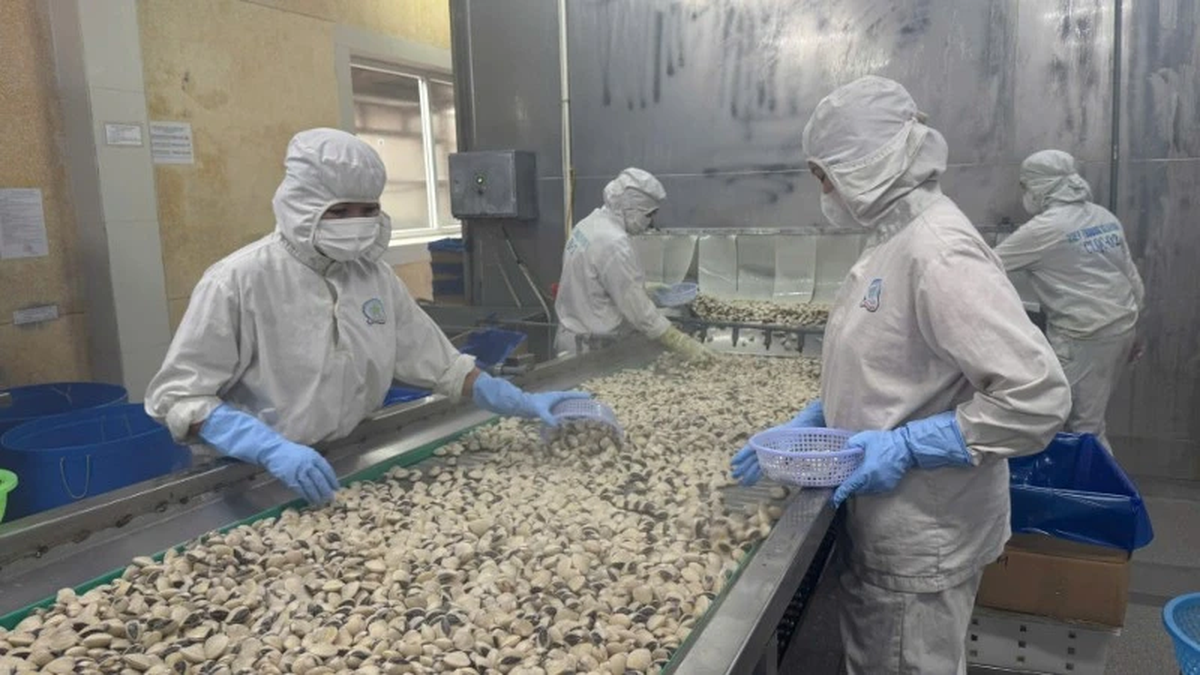
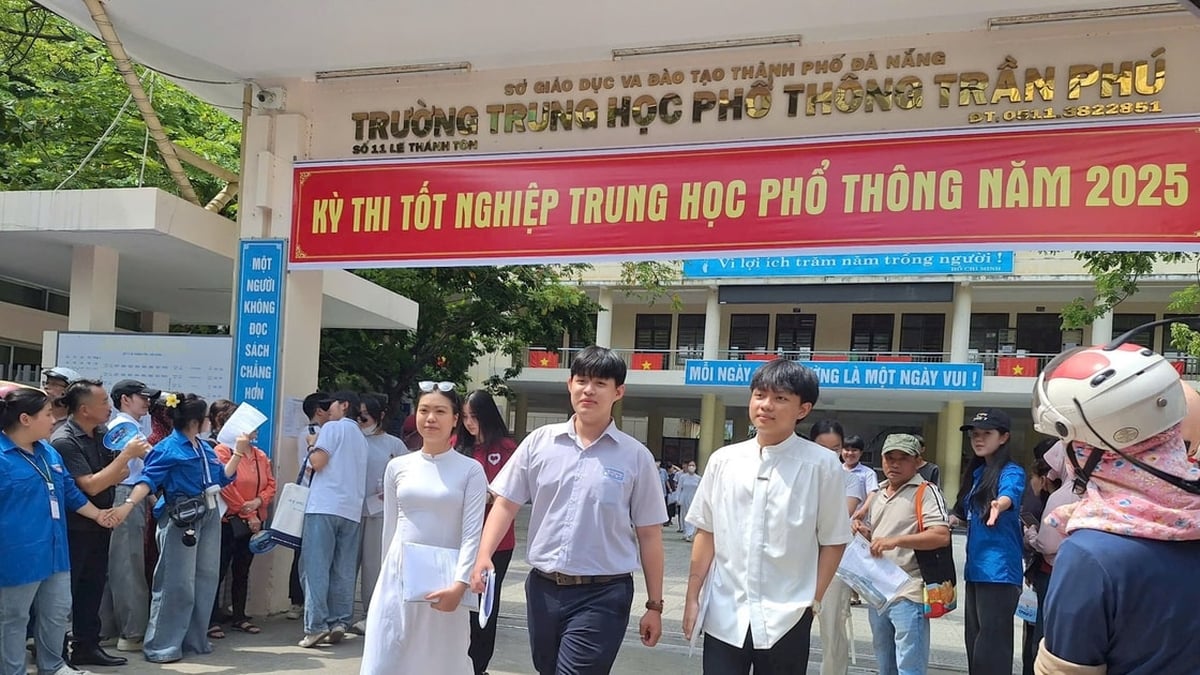
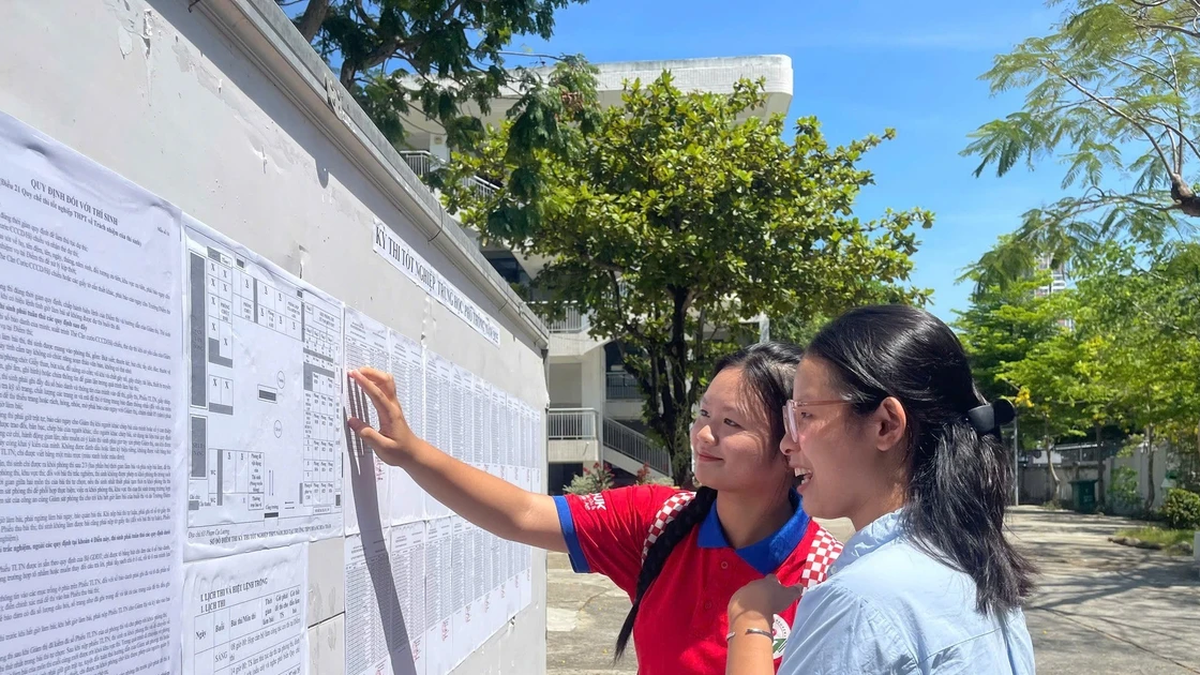





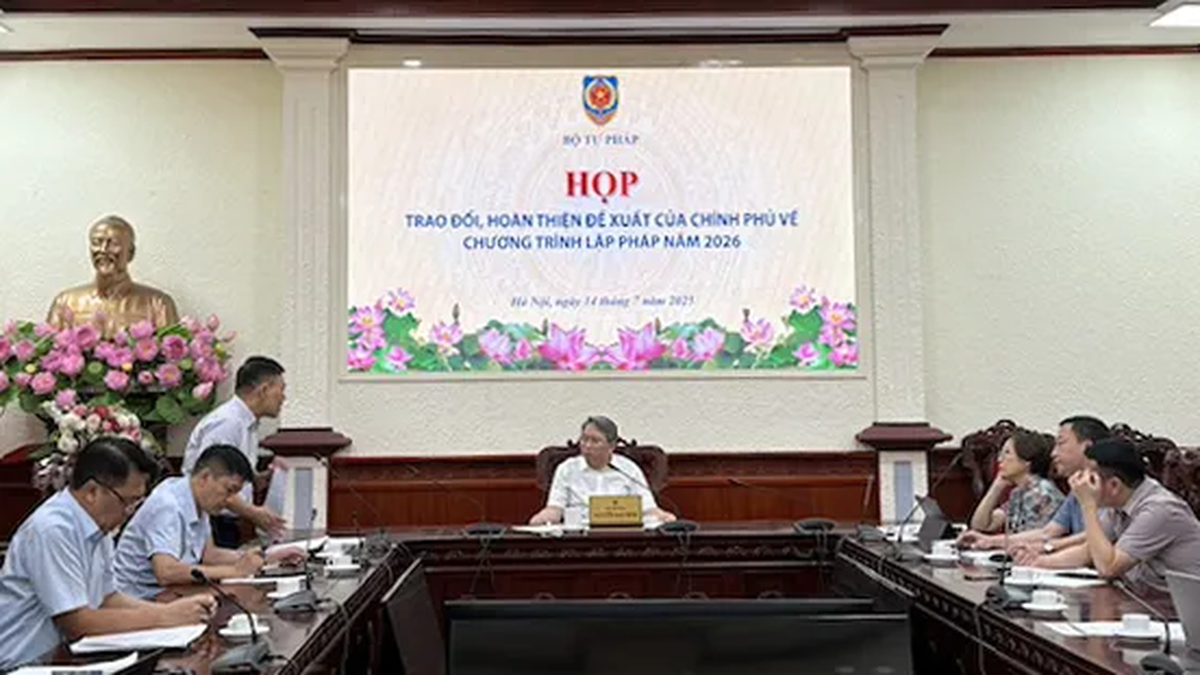








































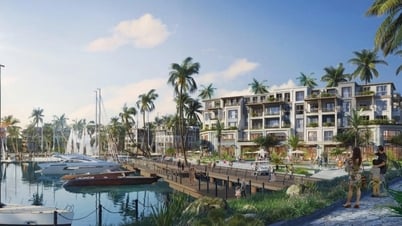












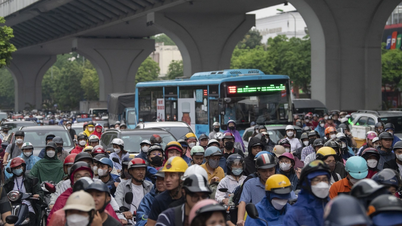

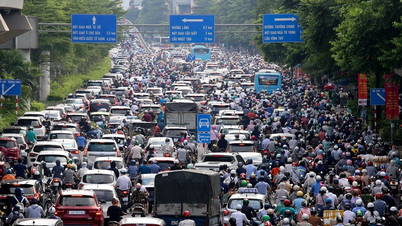


































Comment (0)